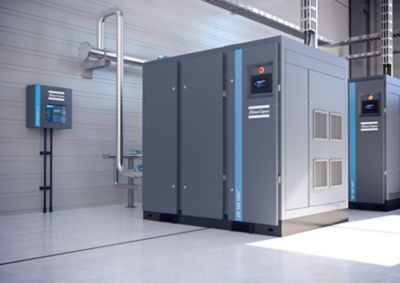November 12, 2021
Aluminum versus cast iron – Which piston compressor material is best?
Estimated reading time: 5 minutes
Thanks in large part due to their versatility and low cost, piston compressors are among the most common air compressors being used today. They are the right choice for a wide range of applications, from DIY to workshops to dentists.
Once you have concluded that a piston compressor also meets your needs best, there is one more decision to make: aluminum versus cast iron.
If you have used our guide on what type of air compressor to choose, then you will know that the first step in selecting the right material for your compressor (which in this case means the pump, cylinders, flywheel and valves) is to figure out how you want to use your new compressor.
When you know, the choice may be easier than you think – even for a layperson.
Aluminum versus cast iron – lightweight versus heavy duty
Aluminum versus cast iron – your needs decide
Because both materials have distinct advantages, it’s impossible to say which one is better. Ultimately, you have to decide which one is better for you.
However, here is a rule of thumb: If you need a small, flexible compressor, especially for non-stationary use, then aluminum is often the material of choice.
But if durability is most important to you and/or your compressor has to function reliably in tough conditions, then you will probably prefer a cast iron model.
One final note, which is less important for Atlas Copco compressors because of their outstanding durability but should be mentioned in a world in which sustainability is increasingly important: Of the two materials, aluminum is much easier to recycle.
Ask an air system professional about the best options for your needs.

